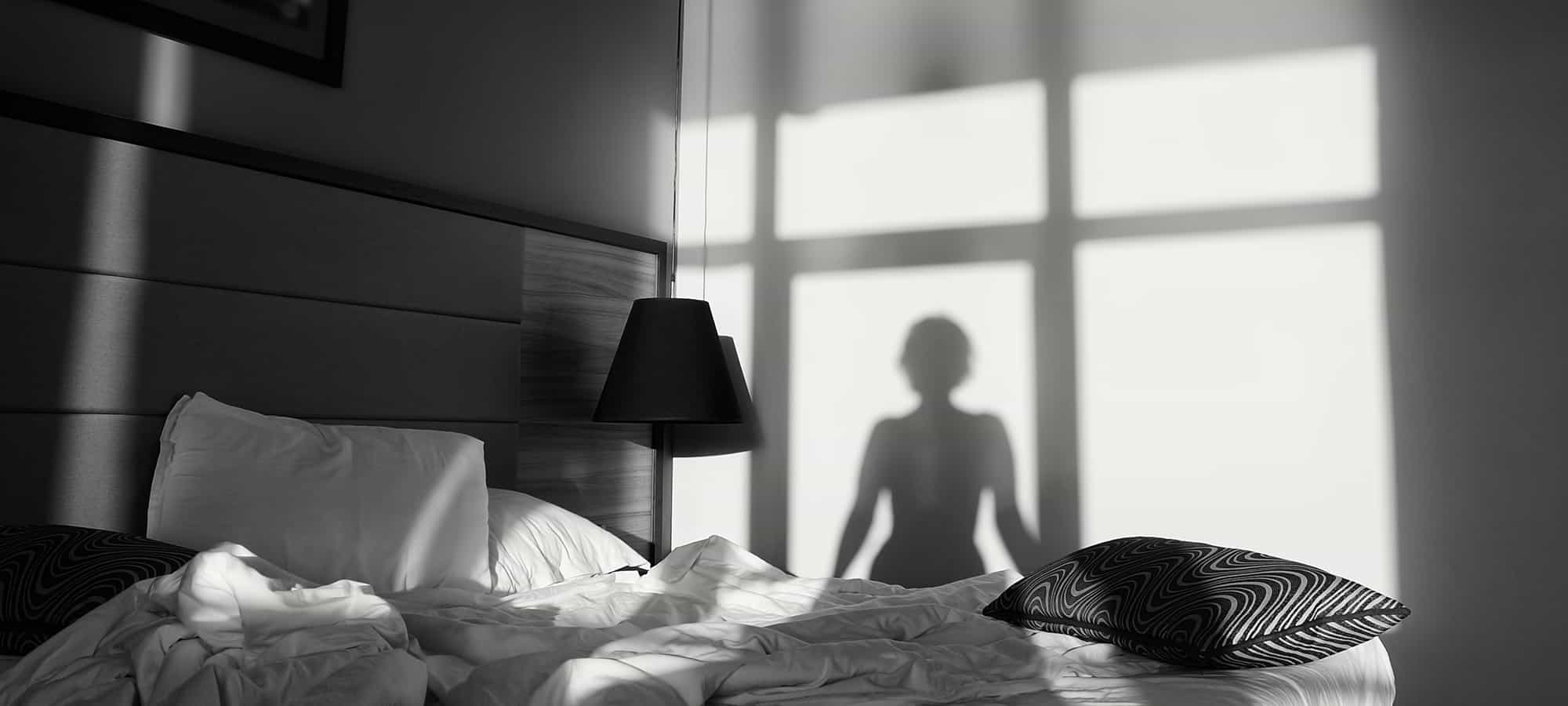Demon children, kidnappings, babies switched at birth, and post-partum depression. How can women who are often mothers themselves, want to write and read mummy noir books about awful things happening to mothers and children? In fact, since no one is forcing us why read books about subjects we try desperately to avoid in real life at all? It’s a good question with a complex answer.
When I first held my firstborn child in my arms, he didn’t cry. In fact, Jimmy didn’t properly cry until over 12 hours later when I had just eased my way out of the hospital bed hoping to use the bathroom. Then, as though he knew I was leaving, he wailed. Actually, he pierced my heart with a sword—or that’s what it felt like—because I doubled over with the pain his cry sent through me. And the documentary I had recently seen of baby penguin chicks calling out to their mothers amidst hundreds of other chicks came to mind; in that moment I understood how those mothers found their individual babies. Another baby’s cry didn’t affect me this way, only Jimmy’s did. His cry was now my cry. And so I wept too.
Why am I telling you this? Because I’m an author and when I was a single woman I read books about true crime and lots of crime fiction. But, when I became a mother: knowing a book contained a child meant I would ask my husband to vet it for me. What if the child was harmed in some way? My feelings would overwhelm me at the mere thought of the fictional twists and turns that I had once loved, my mind flooded with real life scenarios.
But as an author, it’s my job to write through conflict and drama, my job to bring those possibilities into living rooms and cosy beds.
How was I going to reconcile my new reality, the way I felt, with what I do for a living?
It seems a minor problem for a mother, I know. Plenty of mums have far worse dilemmas. Mums who want to stay home with their children and have to wrestle with feelings of guilt about needing to go to work, mums who walk the corridors of a hospital. Mums who worry all day about someone bullying their children and mums who wonder whether they have made the right choice fleeing their country of birth to end up in a place where people call their children names as they drive by in cars. There is nothing new about the disconnect between what we feel and the reality we live in.
But as an author I want to bring readers to those hard realities. To that guilt. To that fear. It’s my job to ask you. as readers, to consider what these possible scenarios are like. Why? Because it’s one thing to know about ‘post-partum depression’ with physician care and medication and protocols in place, and it’s another thing entirely to experience it.
Books allow us to do something in our imaginations, in our hearts, that we can’t do in real life; be inside someone else’s consciousness.
See the world the way someone else sees it, experience the world the way they do. And so we learn what it feels like to become a wizard, to surf without an arm, to eat so much food our caterpillar tummy is full. And we also learn, as is the case in my recent book, Like Mother, what it feels like to be so afraid of what you may have done to your child, that you won’t look for her when she is missing from the cot.
As an author, what something feels like—not how it is identified or judged or proscribed for—is what is important to me. I want to take your hand and lead you there, so you can wander in shoes entirely different from your own and share in the human experience. I’m hoping that with renewed compassion, you can change the world.
Change the world? With mummy noir? Yes.
Because respecting women and mothers means respecting the entire process of fertility and childbirth and motherhood—the hard and bad and dangerous bits—and then voting for policies and programs and governments that do too. The things we find difficult—infertility, miscarriage, neglect or abuse, and poverty—can’t be ostracized from the total experience of motherhood as though they don’t happen or are someone’s, namely a mother’s, fault. That’s why it’s women writing these books: we know the inside of this world.
But I told you that I couldn’t look at certain books in early motherhood. I told you that I was so overwhelmed it was more than I could cope with. That’s right. It was. So I wrote instead. I wrote for myself and I wrote for you. And I let my mind go to the places I was most afraid to go — in order to learn how to manage my fears. Because that’s the other reason we read books that challenge and scare us; in order to know the shape of our fears.
And as my children got a little older and my hormones settled down, as I began to breath out and then get angry all over again about what sort of help is and isn’t available to mothers, I saw that I had written a book about it all. About mothers and daughters. About what is handed down through the generations. The very kind of book I had been afraid of. And I understood yet another reason we read and need these types of books: by women, about women, for women: we read them to know that we are not alone.
So, if you take my hand as we wander the scary hallways of mummy noir, I promise I won’t let go.





